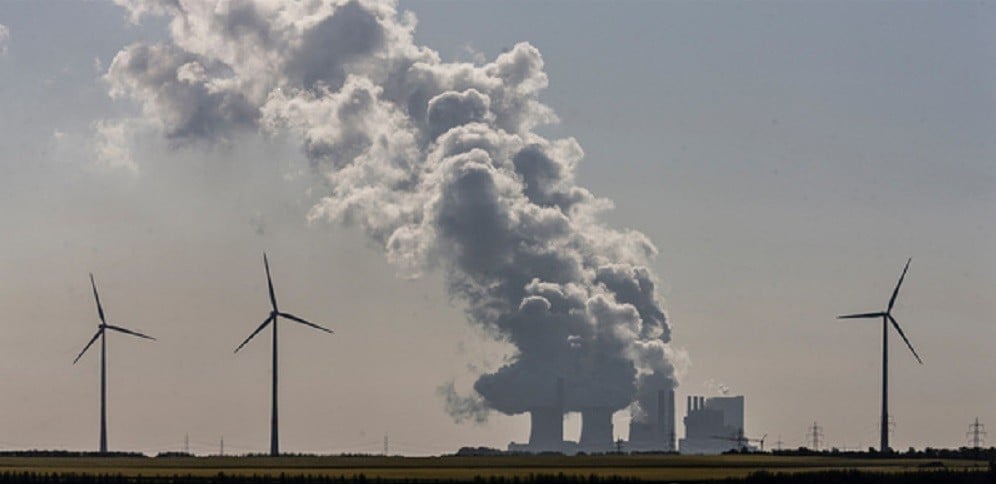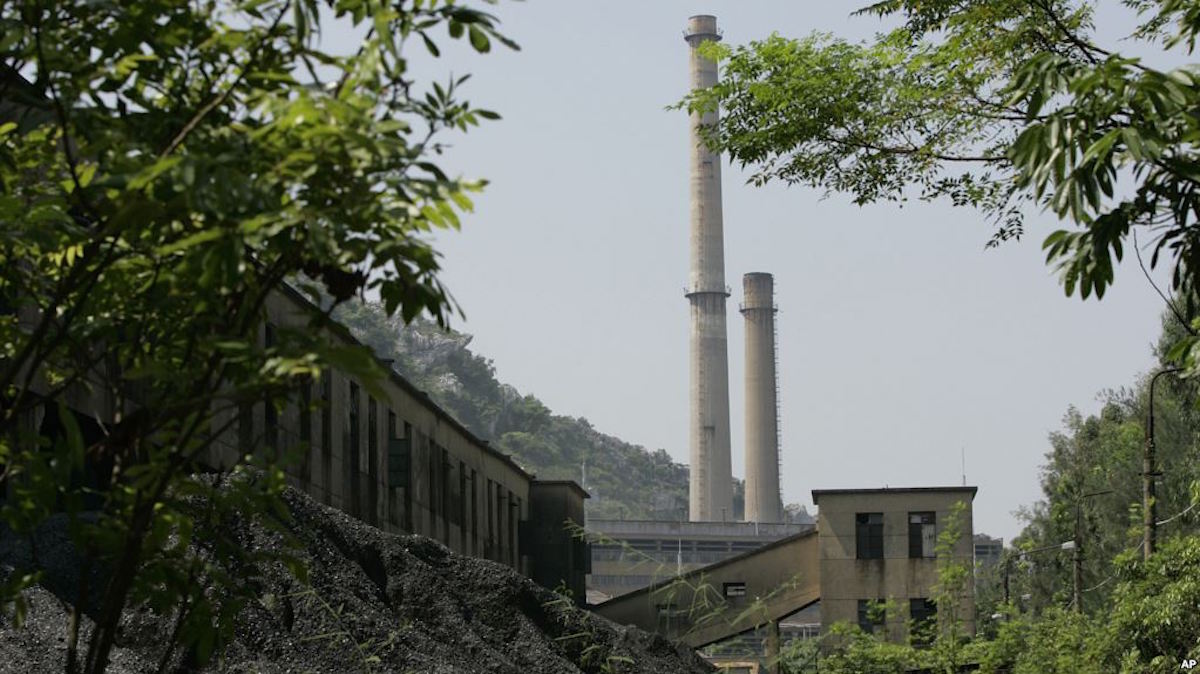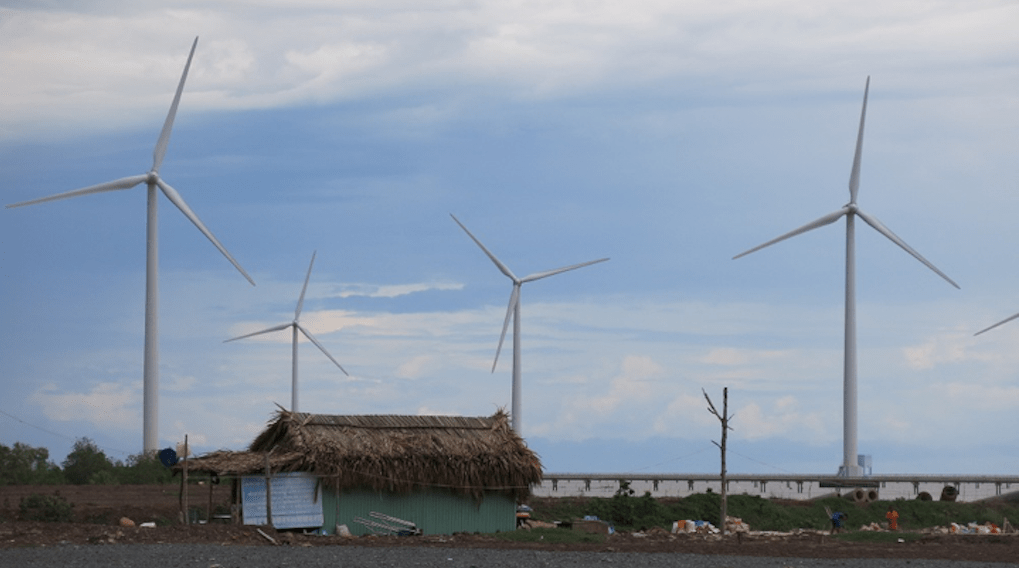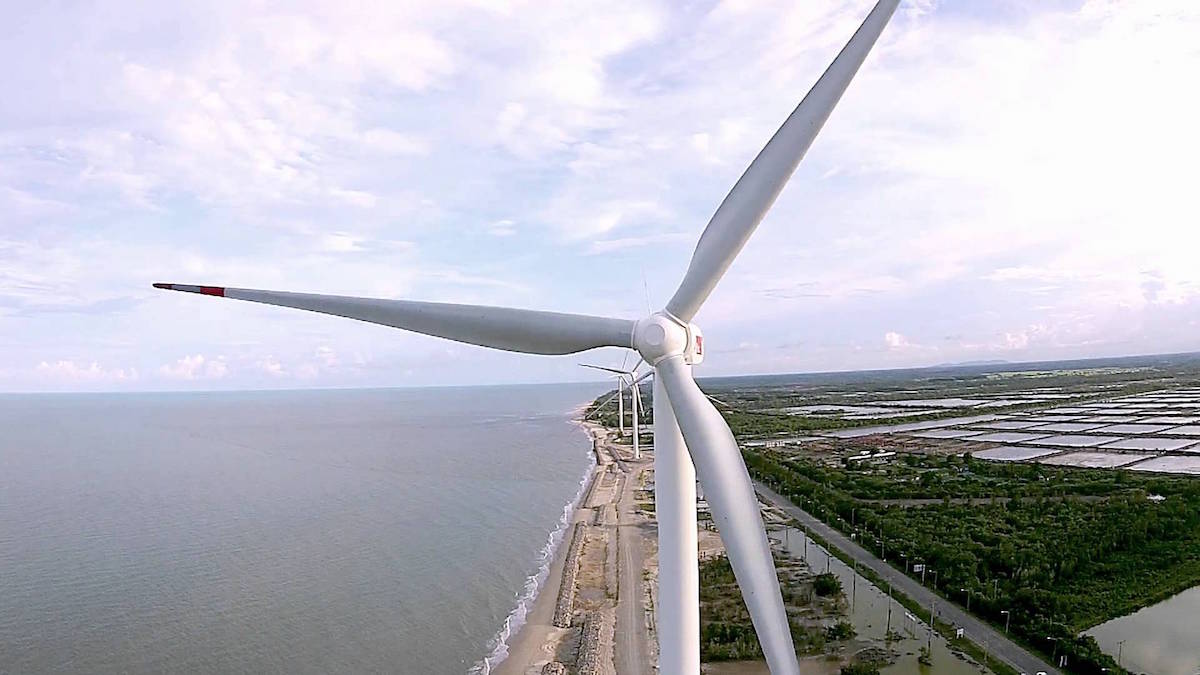Approximately 7,100 lives could be saved every year if Myanmar cancels its massive plan to build coal-fired power plants, and instead invest on renewable energy to meet the country’s electricity demand.
Tag: coal
Vietnam Turns to Technology to Solve Energy Dilemma
Vietnam is facing a power dilemma, with officials in Hanoi trying to figure out how to supply all of its surging energy needs without destroying its environment in the process.
Ambitious Green Energy Plans in Vietnam and Cambodia proceed at snail’s pace
During the 2016 United Nations Framework Convention on Climate Change in Marrakech (COP 22) Vietnam and Cambodia professed their commitment to do their part to reduce CO2 emissions. Noting that they are both on the front lines globally in facing impacts from a warming atmosphere, the two neighbors agreed to transition their entire electricity generating portfolios to renewables.
VN green energy gets strong tail wind
Việt Nam is hoping to boost its renewable energy production, especially wind and solar energy, to more than 10.7 per cent of total generation by 2030, up from the previously planned 6 per cent.
It plans to increase the rate to at least 7 per cent by 2020, up from the previous target of 4.5 per cent.
The country now relies heavily on electricity from coal and hydropower.
Renewable energy gains offer us a cleaner future
China has made a number of significant steps towards building a future of more sustainable energy.
President Xi Jinping has made good on his commitment to increase the supply of renewable energy at the climate change conference in Paris last year, a time when the toxic smog choking streets in Beijing and Shanghai was making global headlines. I wrote about this at the time in my column “China’s energy paradox”.
VN urged to reduce raw mineral exports as natural resources decline
A report from the General Statistics Office (GSO) showed 6.82 percent growth in industry, lower than 9.66 percent in the same period of last year.
The decrease in industrial production growth rate was attributed to a decline in coal, oil and gas mining. The decline was not blamed on weak production activities, but on other reasons, including shortage of natural resources.
No more coal power plants needed
Last Thursday, the Electricity Generating Authority of Thailand (Egat) confirmed that it will construct six new coal-fired power plants by 2025. On many levels, building these new power plants seems not to be a well thought-out plan.
At the local level, coal-fired power plants would adversely affect communities in these areas. Where such plants have been constructed in southern Thailand, they have polluted waters, reduced fish stocks, damaged crops, and contributed to a high concentration of respiratory disease. Nonetheless, Egat has yet to conduct comprehensive environmental impact assessments (EIAs) in areas which would be affected by these new plants.
Report: Coal and gas to stay cheap, but renewables still win race on costs
Low prices for coal and gas are likely to persist, but will fail to prevent a fundamental transformation of the world electricity system over coming decades towards renewable sources such as wind and solar, and towards balancing options such as batteries.
The latest long-term forecast from Bloomberg New Energy Finance, entitled New Energy Outlook 2016, charts a significantly lower track for global coal, gas and oil prices than did the equivalent projection a year ago. Crucially, however, it also shows a steeper decline for wind and solar costs.
Scientists recommend fewer coal power plants
Vietnam Scientists are concerned that coal power plants would still provide 50 percent of the nation’s total electricity output in the future.
Scientists recommend fewer coal power plants
Vietnamese state agencies have been insisting on the necessity of continued development of coal power plants, affirming that this is the best solution for Vietnam as coal power is cheaper than wind and nuclear power.
However, scientists have argued that coal power is not as cheap as thought, saying that the price Vietnam has to pay for coal power would be very high if counting all the expenses related to social and environment problems.








